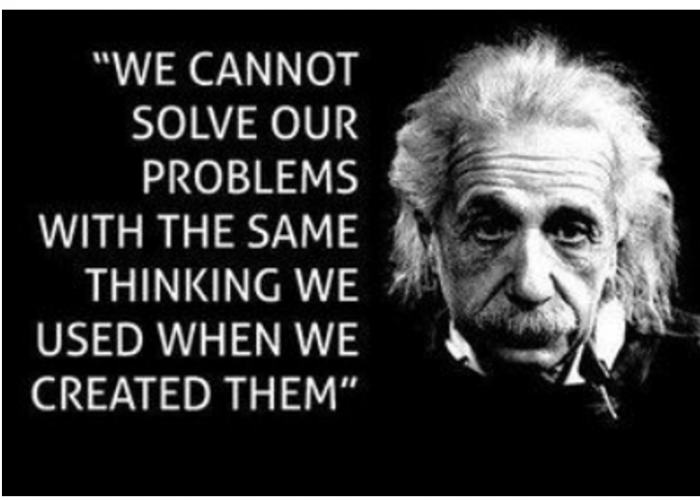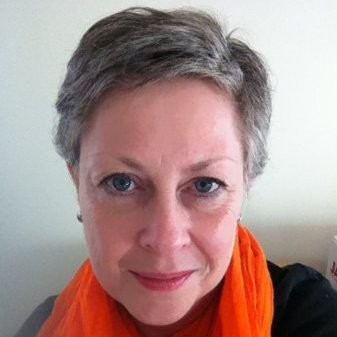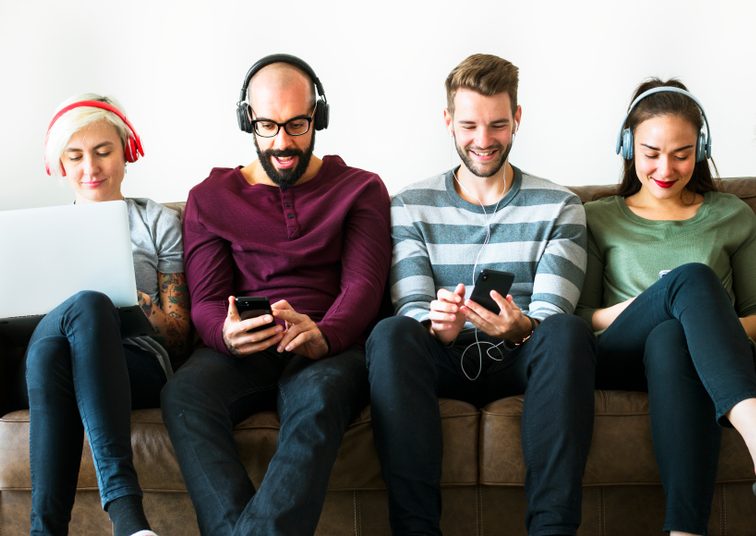Opinion by Verity Webb
Meta has announced that Facebook is now doing radio.
Facebook already has a significantly higher user/listener base than radio in Australia: 18.5 million active users per month compared with radio’s 13 million listeners.
According to the West Australian newspaper, Facebook hauled in $1.26 billion in advertising sales in Australia for 2022 (and reported a loss due to nifty accounting) while Commercial Radio Australia reported $701m revenue for the same year.
What will happen to the comparative audiences and revenue now Facebook is offering advertisers broadcast messaging?
I optimistically, hopefully, beseechingly implore the mainly old white men on the Commercial Radio Board to start thinking a lot differently about ‘radio’ and broadcast.
When digital radio was on the cusp (yes I am old enough to remember back that far) there was some excitement about national radio stations. It didn’t happen.
When podcasts came along, nobody turned to commercial radio for great examples of story-telling or in-depth investigative reporting. When social media came along, I did not hear, nor see, any campaigns from radio networks reminding Australians that radio was the original social media.
Radio offers listeners the opportunity to interact with little fear of scams, phishing, trolling, fat-shaming and all the ‘negative’ social commentary that comes from small minds protected by anonymity.
The fact radio listeners hear the same people all the time – behind the mic, and being questioned, is not the fault of the medium – it’s poor programming, driven by poor management and old business models.
Radio’s programming clocks, talent pools, revenue models, advertising and sales methods have not changed for decades, despite the emergence of disrupters such as podcasts, social media and youtube. Most radio stations can’t even be bothered offering a decent website – nor a decent news service (but that’s a whole other article.) And radio’s ‘ratings’ system failure has been so embarrassing for so long, that it’s barely even mentioned anymore.
The talent running the industry and the Networks is nowhere near as creative and productive as some of the talent on air (or the promo producers either.)
Personally, I think the biggest drawback of commercial radio is the commercials. The ads are terrible. Always have been. Advertisers get to dictate what they want to put on air and the ads are jarring. Which is why they get jammed up against news and weather and traffic, where hopefully listeners will suffer through them to get to what they really want to hear.
The Siren Awards showcase the best in a bid to motivate but the quality of ads on radio hasn’t improved over the past 19 years. And the Sirens doesn’t provide any data or commentary to demonstrate the sales conversion power of award-winning advertising against boring, production line spots.
Facebook ads blend in. They’re not obtrusive. They don’t stop news feeds from loading. They sell themselves. And advertisers can buy them, schedule them and analyse them themselves. It’s not necessary to have an agency – but agency options are available for those who want them.
Facebook advertising isn’t perfect. But it’s millions of dollars better than radio.
Facebook does almost nothing to curate its own content. It pays nothing to provide content. It has no licence fees and no ‘interests’ register. It allows trolls and liars and fakes. It facilitates organised criminal groups that deliberately target and defraud vulnerable individuals.
Yes, Facebook runs on the smell of an oily rag – and Australian radio has staff costs, legislation, regulations and taxes. But I believe Australian radio should be able to overcome Facebook. And Spotify and You Tube.
It’s time to think differently about radio. Challenge the way we do everything. Scrap everything we think we know and start over.
As Albert Einstein said…

 About the Author
About the Author
Verity Webb is a professionally trained journalist and co-founder of AudioNET and RadioMATRIX. She has worked as a journalist or news editor at 5AA.5AD,5DN, 3AW, New-FM, and ABC radio Sydney, 2UE. She was a media manager at Institute of Chartered Accountants in Australia and KPMG. She helped pioneer internet-based delivery of radio spots in 2002 when many non-metro ratio stations were still on dial-up modems. She no longer has any involvement or financial interest in AudioNET and Radio,MATRIX.
Main Pic: Shutterstock

